Hey Everybody-We have a very exciting column this month with a great interview with the Godfather of Midi and the inventor of the Prophet V one of my musical heroes and now the man at Dave Smith Instruments-Mr Dave Smith followed by my monthly commentary.
1-I was taking my ARP and Moog Synthesizer as far as I could take it in 1978-Then I saw the Prophet V. How long did it take you to design the instrument before you had a working unit?
ds: It took around 9 months. Just me working around the clock, designing the hardware, writing the software, mechanical design, laying out the circuit boards, etc. It was a huge effort, but a lot of fun watching a new musical instrument materialize!
2-Were there specific things besides being a programmable polyphonic instrument that you wanted to achieve when you started out designing it?
ds: Basically the goal was complete programmability and polyphony. I also wanted something that looked sleek and classy. And, of course, it had to sound good, so it was important to have the right functions available. I had bread-boarded one voice just to get an idea of the sound capability, and it sounded really good, so I knew that 5 voices would be incredible.
3-What did you attribute the incredibly fat sound it had to it to?
ds: Truth be known, there are some parts of instrument design that are somewhat random. I had a good feeling about the voice architecture of the synth, but until it wasn’t until it was completely done and we started making sounds that we realized how big the sound was.
4-As The Instrument really started to shape the sound of music something else came into the mix-MIDI-How was that idea sparked and what sparked it?
ds: It was simple; once you have a microprocessor in an instrument (Prophet-5 was the first), you realize that it’s easy to communicate between instruments. We all made our own proprietary interfaces to do just that, but quickly realized it was dumb that one company’s interface would not work with another’s. The obvious remedy was a universal interface that everyone implemented, which turned out to be MIDI.
5-Do You think that there was anything that should have happened with Midi that didn’t or wasn’t addressed?
ds: In hindsight, I think we nailed it. Version 1.0 after 33 years? 100% implemented in every instrument for 33 years? Used every day, everywhere? Any perceived shortcomings over the years more often had to do with inadequate design more than the interface itself.
6-Is There really a reason call anything Midi anymore seeing how so much has changed? or has it?
ds: Not sure I understand this question? MIDI is ubiquitous, though often hidden over USB or totally internal on computers and cell phones. It is taken for granted, but always there.
7-You were kind of Inactive for a number of years after experiencing so much during the Sequential Days-What made you want to get back in the game for real?
ds: well, I started Korg R&D and developed the wavestation, then was president of Seer Systems where we made Reality, the first professional soft synth. It was mostly that experience that got me back into hardware. I like to say I was the first to develop softsynths, and the first to stop designing softsynths. I won’t go into all the obvious reasons why real hardware instruments are so much better than software, but it was enough incentive to get me started again with a new company, Dave Smith Instruments, in 2002.
You started out small with the Evolver and here we are with what I believe is your master piece-The Prophet 6
ds: I took my time, starting slowly as I got back into hardware after a 20 year break. For the first 5 years, it was a one-person company. Now we’re up to 12!
8-I’m totally in love with the Prophet 6,maybe the best hardware keyboard ever put out on the marketplace-What’s next? is there anything else you haven’t explored?
ds: Wow; thanks – that’s quite a compliment from someone who has played them all! There’s always something next; we have no shortage of ideas. Our next product to be announced in 6 weeks will surprise everyone, which is always fun.
9-Favorite 3 movies?
ds: Besides Alien? Can I pick Star Wars 7, prior to release? Visited the set last year for a day, and my guess is it’s going to be great! Not well known, but J.J. Abrams is quite a synth guy, and has a few of my instruments, old and new. (he also loves the Prophet-6!)
10-Favorite Restaurant
ds: Ack; Splitting time between Napa Valley and San Francisco, there are hundreds of awesome restaurants; how to pick just one? We were at Noma in Copenhagen a couple months ago – that was pretty awesome!
11-The last book you read?
ds: Looking at my kindle, Seveneves, The Peripheral, and a bunch of page-turners for traveling.
Thank you for making electronic music so enjoyable to make over the last 35 years
ds: My pleasure!
New CD Review-Reggie Washington-Rainbow Shadow
Bassist Reggie Washington shows his deep appreciation for the late guitarist Jef Lee Johnson with a very vibe and captivating CD “Rainbow Shadow”.Reggie playing electric bass is totally convincing and engaging with his ability to put over melodies on the bass. It’s starts out with a solo spin on”Crows Rainbow” and then gets into the groove with “Reckless Eyeballing” and into “Big Machine-Keep It Funky”. Moods change but there is always a focus and direction to the tracks. I find the sparseness on some of the tracks refreshing because they dig deep in the groove and spirit of the project.
He is joined by Patrick Doreen on Drums and perc, Marvin Sewell on guitar-DJ Grazzhopper on Turntables and samples and joined as by a great crew of horn players, keyboards, percussion and vocalists including Lili Anel (wonderful on Living) .Wallace Roney and Saxophonist Jaques Schwarz Bart. Jef Lee Johnson left us way to soon.Hopefully people will catch his spirit of him in this very cool tribute by Reggie Washington
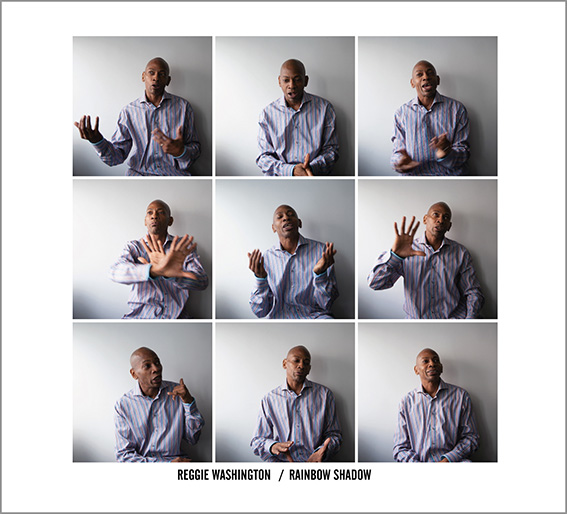
www.Jammincolors.com www.reggiewashington-official.com
Classic Review-Idris Muhammed-Power of Soul,Kudu records-1972
This is an album that every serious fan of contemporary jazz or for that matter any music fan needs to own. Coming in at 35 minutes and just 4 songs it has stood the test of time that happens when you make a great album. The song selection is just inspiring. Led by the epic cover of Grover Washington Jr’s “Lorans Dance”. This is what the funky groove is all about. The great Gary King on bass holds down the rhythm section, while Bob James,Joe Beck and Ralph Macdonald keep the groove right at the sweet spot. The “Saddest Thing” features one of the best Bob James Rhodes Solos you will hear Bob was doing his single note Rhodes style over a very cool set of chord changes which was his style during that golden age. The horn section with Randy Brecker and Grover give you all you need when it comes to great melody interpretation and magical solo’s. “Power of Soul” represents a time when the music was focused but creatively free and there is a reason why I have listened to this album 100’s of time. It never gets old!
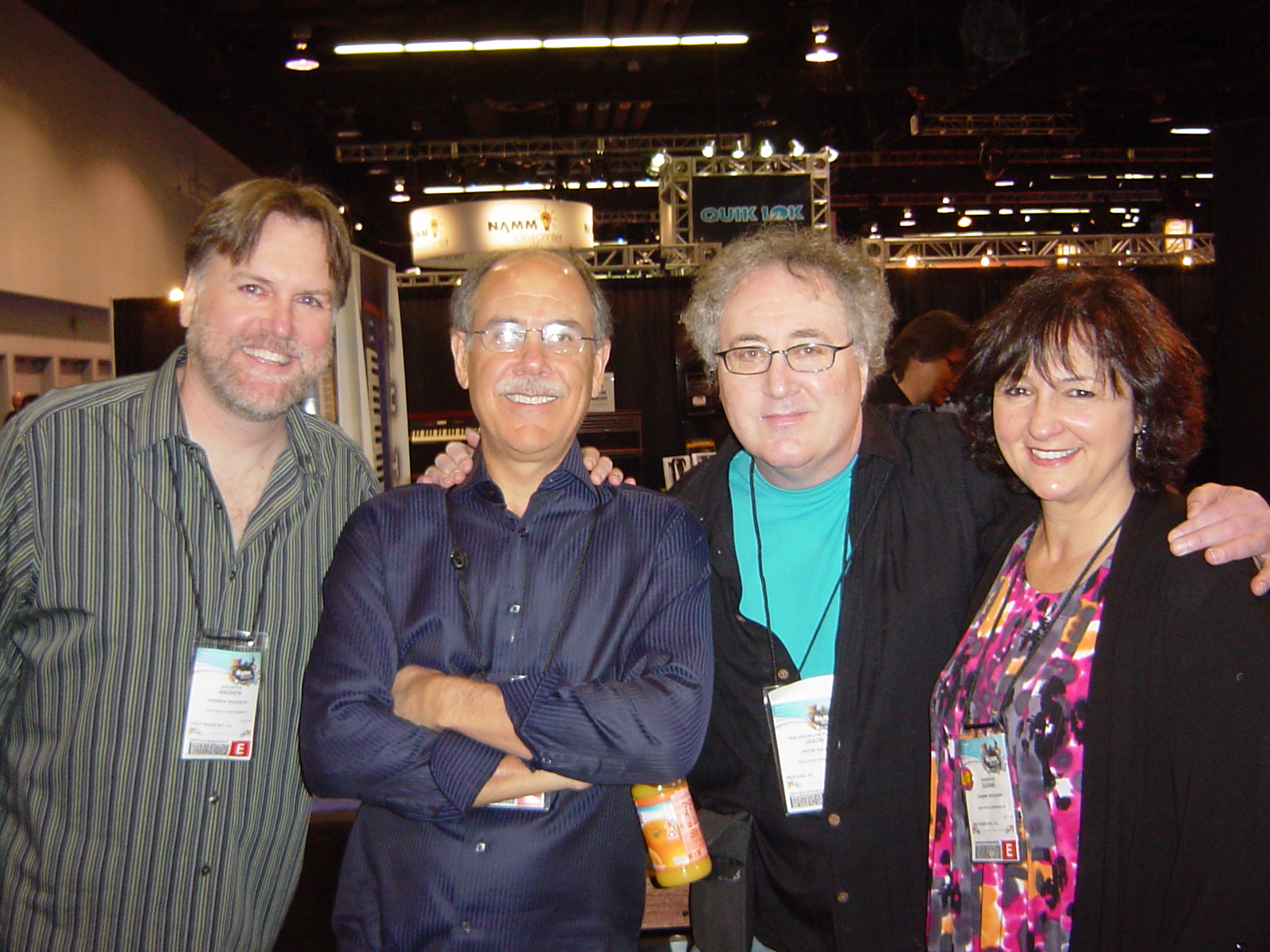
Final Thoughts:
I was recently reading an article that said that most of the public doesn’t really care about the sound quality of music anymore, am I hearing this correctly? We spend our lives listening to so many great recordings that were made by many great producers and engineers . Artist who recorded in great studios over the years, and how the great sound gave the music an added distinction to bringing one into the music, giving us a truly joyful musical experience for our ears and now we get this??
The voice of what the full effect that music should be is being lost. When I hear such iconic people like Bob Ludwig talk about the over compression of mixes and I hear a mastering engineer like Mike Fosenkemper at Turtletone studios, thank me for not giving him a master that has the needle pinned in the red, I know something is wrong out there. Who is making up these rules?
So let me get this straight-We buy $200-$2000 headphones to listen to music that has crappy sound because people don’t care anymore. I bought my first Stereo in 1970 and all of my friends in college had stereos as well. It was the focal point of our existence during that time. So many great brands were recording great music then. Now we have one blue tooth speaker and everybody thinks that’s ok. I’m here to say this is a conversation that needs to be discussed and we need to teach the younger generation how important sound quality of music is and how so many great artist influenced that sound all through the years. We can all buy a DAW and make music on a laptop with all the preset programs out there but when then music had the right sound it gave it a certain humanity that many of us have taken with us through the years-Time to revisit that concept




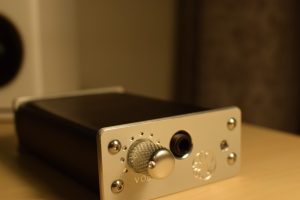
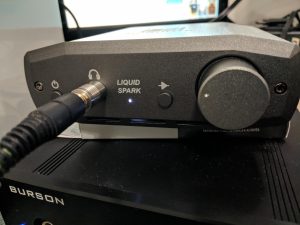
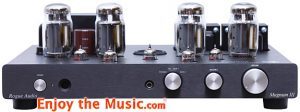

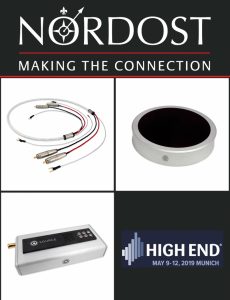
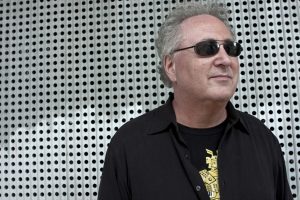


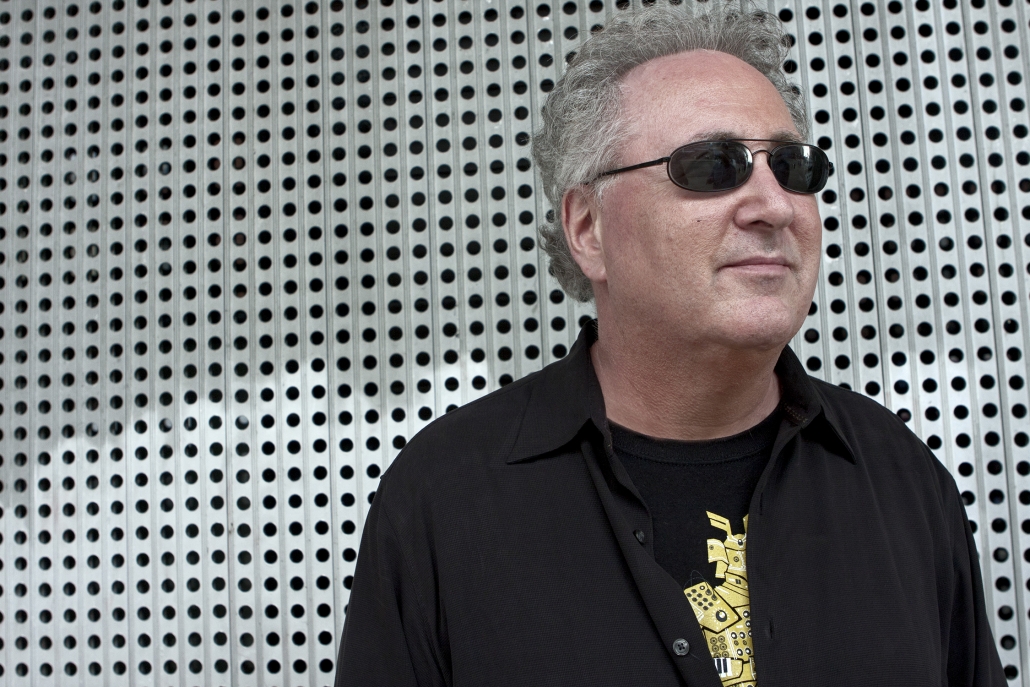

Reply
Want to join discussion?
Feel free to contribute!